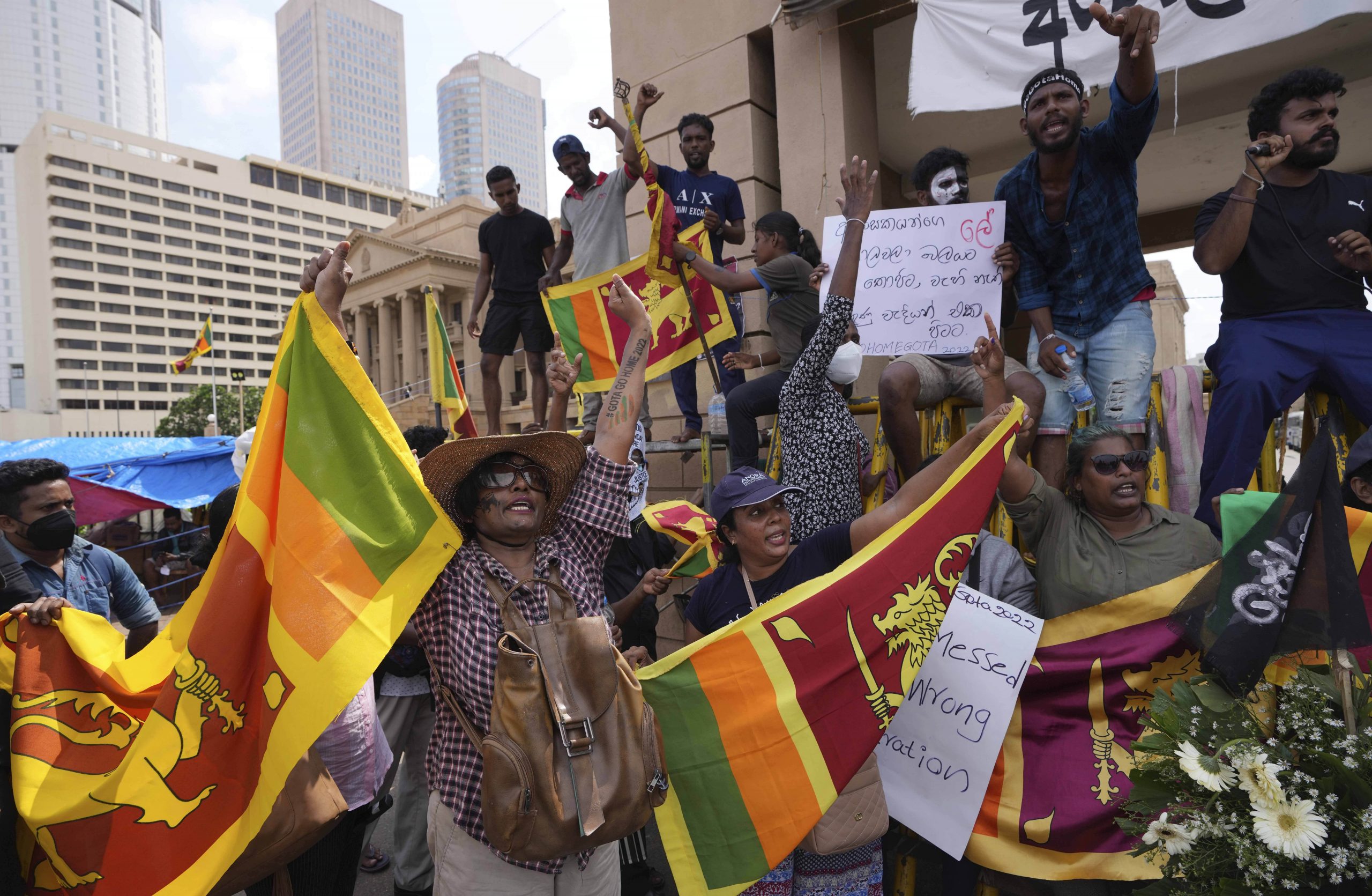Sri Lankan doctors and other medical staff took to the streets on Wednesday and demanded the government to solve a severe fuel shortage at the heart of the South Asian country’s worst economic crisis in decades.
Weeks of protests against cascading problems including power cuts and shortages of food and medicine escalated in May when nine people were killed and about 300 were injured, leading to the resignation of the prime minister Mahinda Rajapaksa.
Also read: Cool destinations that offer Indians easy-peasy E-Visas for travel abroad
On Tuesday, the government left with only enough fuel to last about a week and restricted supplies to essential services, like trains, buses and the health sector, for two weeks.
But doctors, nurses and other medical staff say that even though they are deemed essential workers, they struggle to find fuel to get to work.
Also read: Why Sri Lankan government is sending 2 ministers to Russia amid fuel crisis
“This is an impossible situation, the government has to give us a solution,” H. M. Mediwatta, secretary of one of Sri Lanka’s largest nursing unions, the All Island Nurses Union, told reporters.
Sri Lanka’s most serious economic crisis since independence in 1948 comes after Covid-19 battered its tourism-reliant economy and slashed remittances from its overseas workers.
Also read: Harmanpreet Kaur overtakes Mithali Raj to become India women’s leading T20I runscorer
Rising oil prices, populist tax cuts and a seven-month ban on the import of chemical fertilisers last year that devastated agriculture have compounded the woes.
The island nation of 22 million people has nearly run out of usable foreign exchange reserves to import essentials including food, medicine, petrol and diesel.
Also read: Explained: Why crisis-hit Sri Lanka’s economy collapsed and what’s next
With a growing sense of crisis, many people have been detained trying to flee the country by boat.
The government is also looking abroad for help.
Power and Energy Minister Kanchana Wijesekera on Tuesday met Saad Sherida Al-Kaabi, Qatar’s minister of state for energy affairs and the CEO of Qatar Energy in a bid to secure fuel.







